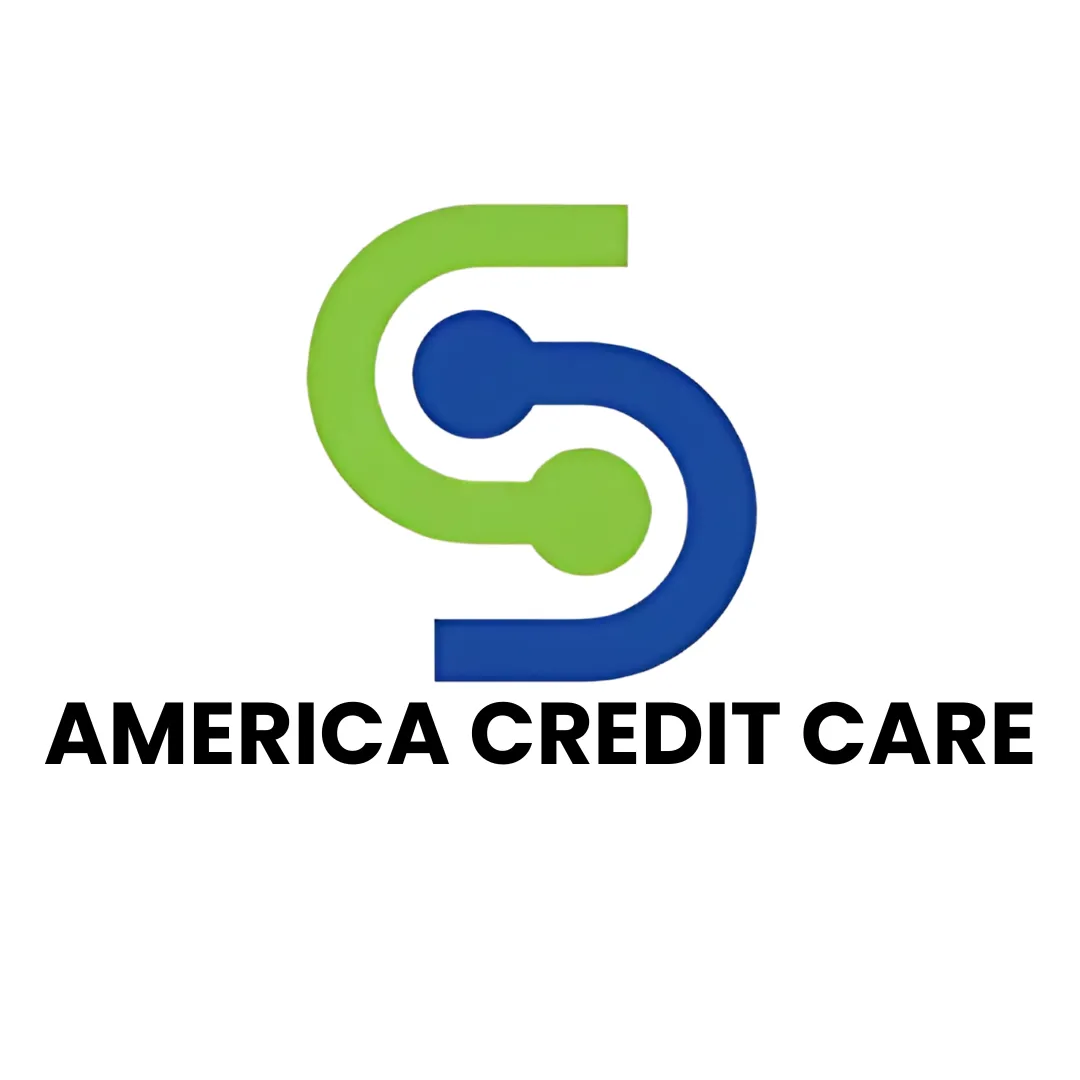Blog
Contact Us
At Credit Care of DMV, we don’t just repair, but also educate people about credit so that they never find themselves in that same situation in life.

How Long Does It Take to Improve Your Credit?
If you’ve ever checked your credit score and felt a pang of disappointment, you’re not alone. Fixing bad credit can feel like an uphill battle, especially when you’re unsure how long it will take to see results.
The truth is, there’s no fixed time-frame, no one-size-fits-all answer to how quickly your credit score can go up—it depends on your starting point, financial habits, and the steps you take to repair and rebuild your credit.
Improving Credit Score: How Long Does It Really Take?
The time-frame for credit improvement varies significantly based on your financial situation and credit history.
Can you increase your credit score in time to purchase a home in 2025?
There are no guarantees, but generally, recovering from less severe issues like hard inquiries or maxed-out credit cards may take less time than addressing serious negative items such as late payments or bankruptcy.
Serious derogatory marks can take significantly longer to recover from.
Older negative items have less impact than newer ones; a late payment from four years ago will not damage your credit score as much as a missed payment from last month. So, practicing good credit habits can lead to faster improvements than you might expect.
Understand Your ‘Starting Point’
Do you know where you stand right now? What is your current credit score?
Understanding the different credit score ranges, especially the FICO model, gives you a benchmark to know how long it’ll take you to improve your credit score. Here’s a quick rundown:
Poor: Below 580
Fair: 580 – 669
Good: 670 – 739
Very Good: 740 – 799
Excellent: 800 and above
Knowing where you fall within these ranges helps set realistic expectations.
For instance, it might take longer to go from a "poor" score to "excellent" than it would to move from "fair" to "good."
It's often easier to see faster progress when you're starting in the "fair" or "poor" range. So, no matter where you are now, consistent effort will lead to positive changes.
Your Credit Score Goal
If you're aiming for a massive jump in your score, be prepared for it to take more time.
However, small, incremental improvements can often be achieved faster. It’s perfectly okay to set smaller, more attainable goals along the way.
Factors That Influence Your Credit Score
Besides your starting point and credit score goal, several factors influence the pace of credit improvement. Your credit score is calculated based on five key factors. Aim to use these factors to your advantage.
1. Your Payment History (35%)
Making monthly payments on time is one of the most critical factors in achieving a good credit score. Adding a positive payment history to your credit report each month is helpful.
Aim to make more than the minimum payment whenever possible. Consistent on-time payments will gradually improve your score.
2. Credit Utilization (30%)
It is the amount of credit you use compared to your total available credit. A good rule of thumb is to keep your credit card utilization below 30 percent. The lower, the better. Consistently keeping your balances low can have a positive impact relatively quickly.
3. The Length of Your Credit History (15%)
This is generally the average age of your credit accounts. Older accounts with a good payment history can help. In many cases, it’s a good idea to keep old credit accounts open (even if you don't use them often) rather than closing them, as long as they don't have high fees. This factor builds up over time.
4. Recent Credit Card Applications (Hard Inquiries) (10%)
When you apply for a new credit card, the card issuer checks your credit, resulting in a "hard inquiry". While one or two applications a year likely won't have a significant impact, applying for multiple cards in a short period can temporarily lower your score. Be mindful of how often you're applying for new credit.
5. Credit Mix (10%)
Having a variety of credit types—like credit cards, loans, and mortgages—can help improve your score over time.
Factors that Drag Your Credit Score Down
Derogatory items on your credit report are like red flags for lenders—they signal financial missteps that can significantly lower your credit score. They also determine your ability to secure loans, credit cards, or favorable interest rates.
Negative items like late payments, delinquent accounts, foreclosures, charge-offs, medical collections, bankruptcies, etc. can significantly damage your credit and take time to have less of an impact.
Most negative items can stay on your credit report for up to seven years. While the information updates every 30 to 45 days, the impact of older negative marks lessens over time.
Fixing Your Credit: How Quickly Can You See Results?
Paying down high credit card balances can lower your credit utilization ratio, which may boost your score within a billing cycle.
Building positive habits like paying all bills on time and keeping balances low will start showing noticeable results after a few months.
If you’re new to credit, opening a secured credit card or becoming an authorized user on someone else’s account can help establish a score within 3–6 months
If you’ve had serious negative marks like late payments or collections, it may take 1-2 years of consistent positive behavior to see significant progress.
Negative items like missed payments typically stay on your report for seven years, but have less impact as they age.
Fix Incorrect Negative Information to Improve Your Credit Score
If your credit report contains errors—like incorrect late payments or accounts that don’t belong to you—disputing them with the credit bureaus can lead to quick results. It may also be a sign that you need to professional help for systematic credit repair.
Once the errors are removed, you might see an improvement in as little as two months.
The Fair Credit Reporting Act (FCRA) gives you the right to dispute incorrect derogatory marks.
You can undertake it as a DIY project or use a credit repair company. A credit repair company like AMERICA CREDIT CARE works on your behalf to investigate and resolve inaccuracies or errors on your credit report.
Here’s how credit repair companies typically operate:
Review Your Credit Reports: Credit repair professionals comb through these reports to identify errors, inaccuracies, or outdated information that could be dragging down your score.
Dispute Inaccuracies: The company submits disputes to the credit bureaus or creditors to have these items corrected or removed. Examples of disputable items include accounts you didn’t open, incorrect late payments, or outdated negative marks.
Monitor Progress: Credit repair companies follow up with credit bureaus and creditors to ensure disputes are resolved promptly. They also monitor your reports for any new issues that may arise.
Provide Guidance: Few companies like AMERICA CREDIT CARE also offer financial education and guidance to help you maintain a healthier credit profile moving forward. This can include advice on budgeting, managing debt, and improving payment habits.
You don’t have to wait months to see results. Connect with AMERICA CREDIT CARE today and let our experts guide you every step of the way.
LET'S TALK
Get in Touch.
Thank you for your interest in Credit Care of DMV. Please use the contact form to tell us about your inquiry and/or needs. We look forward to partnering with you.

Office
NMLS ID 2423540
16701 Melford Blvd
Ste 400
Bowie, MD 20715

Email Us

Phone Support
+1 (240)-347-5995- Calls
+1 (240) 376-2552 - Text
Need help?
Don't hesitate to contact us.

We have many years of experience in evaluating credit and guiding consumers to assert their legal rights. We do it every day! We guarantee honesty and dependability, virtues which most people seem to have forgotten.
FREE DIY Credit Repair Toolkit!
Signup for our DIY Credit Repair Toolkit! Also get updates, promotions, news & insight about finance.
Copyright ©2026 America Credit Care. All rights reserved. Powered by WebbArtt Solutions
Legal Notice
NMLS # 2423540
Term of Use
Privacy Policy
Cookie Policy

We have many years of experience in evaluating credit and guiding consumers to assert their legal rights. We do it every day! We guarantee honesty and dependability, virtues which most people seem to have forgotten.
Copyright © 2026 America Credit Care. All rights reserved. Powered by WebbArtt Solutions









